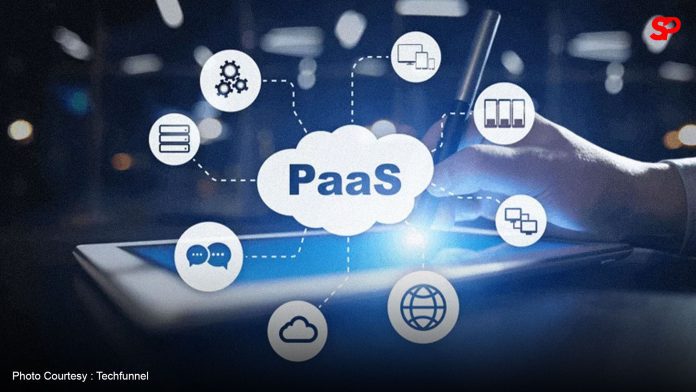By Adriano Mesina
As a techie, you probably may have already used Google App Engine or Microsoft Azure. You may have even taken it for granted because it has been part of your daily life. But, do you know what PaaS is?
Platform as a Service (PaaS) is a cloud computing model that provides developers with a comprehensive environment to build, test, deploy, and manage applications without the complexity of managing the underlying infrastructure.
PaaS simplifies the application development lifecycle by offering a suite of tools, frameworks, and services. This enables developers to focus on coding and innovation rather than hardware or software maintenance.
PaaS typically includes a wide range of resources such as application development frameworks, operating systems, databases, middleware, and cloud hosting. These resources are delivered via the internet, allowing developers to collaborate remotely and scale their applications effortlessly.
Popular PaaS providers include Microsoft Azure, Google App Engine, and AWS Elastic Beanstalk, each offering a variety of features tailored to different use cases and industries.
One of the key advantages of PaaS is its ability to accelerate the development process. By providing pre-built components and an integrated development environment (IDE), it eliminates the need for developers to build and configure infrastructure from scratch. This results in shorter development cycles and faster time-to-market for applications. Moreover, PaaS allows for seamless scalability, as businesses can adjust computing resources to meet changing demands without overhauling their infrastructure.
Another benefit of PaaS is cost-efficiency. Organizations only pay for the resources they use, reducing the need for significant upfront investments in servers, storage, and software. Furthermore, PaaS automates maintenance tasks like updates, security patches, and backups, saving both time and labor costs.
PaaS is ideal for developers and organizations seeking to create and deploy applications rapidly without worrying about infrastructure complexities. It is particularly beneficial for startups, businesses developing mobile or web apps, and teams working on collaborative projects. However, companies must evaluate their specific needs, including data security, compliance requirements, and integration capabilities, to choose the right PaaS solution.
PaaS represents a powerful tool for modern application development, combining speed, flexibility, and cost-efficiency to meet the demands of today’s dynamic digital landscape.

